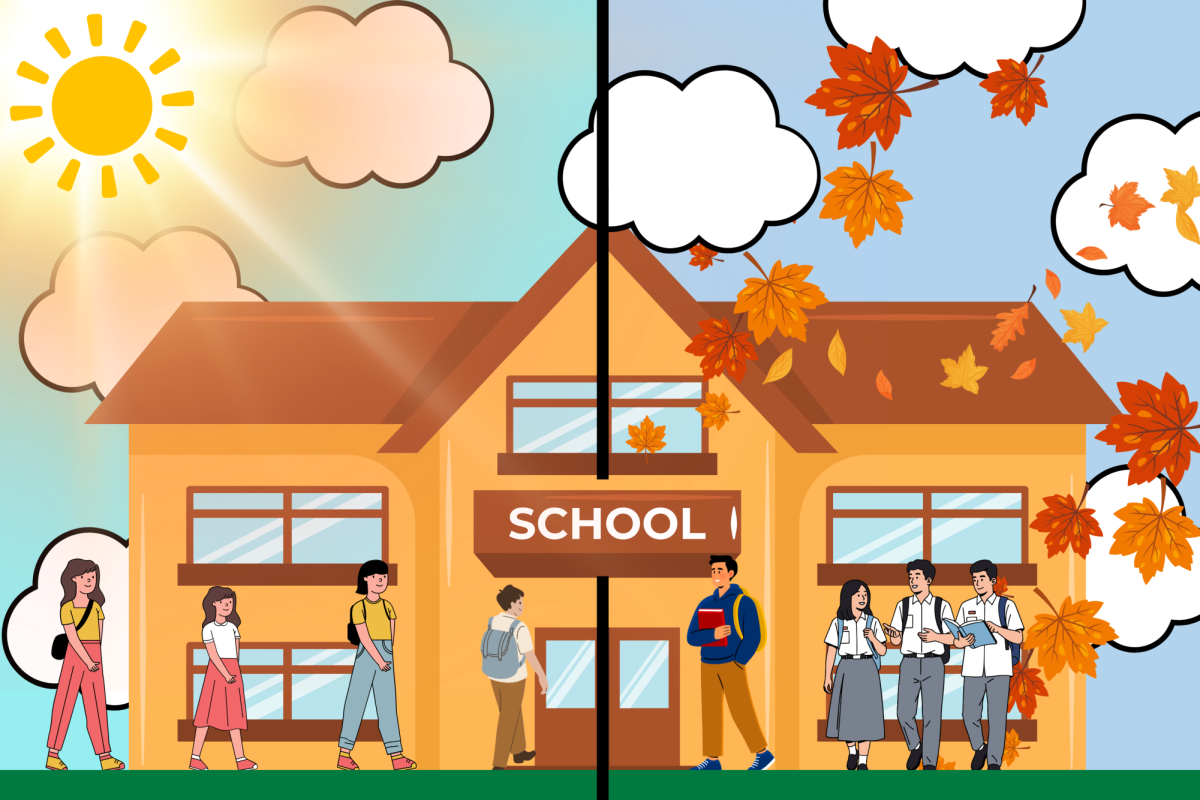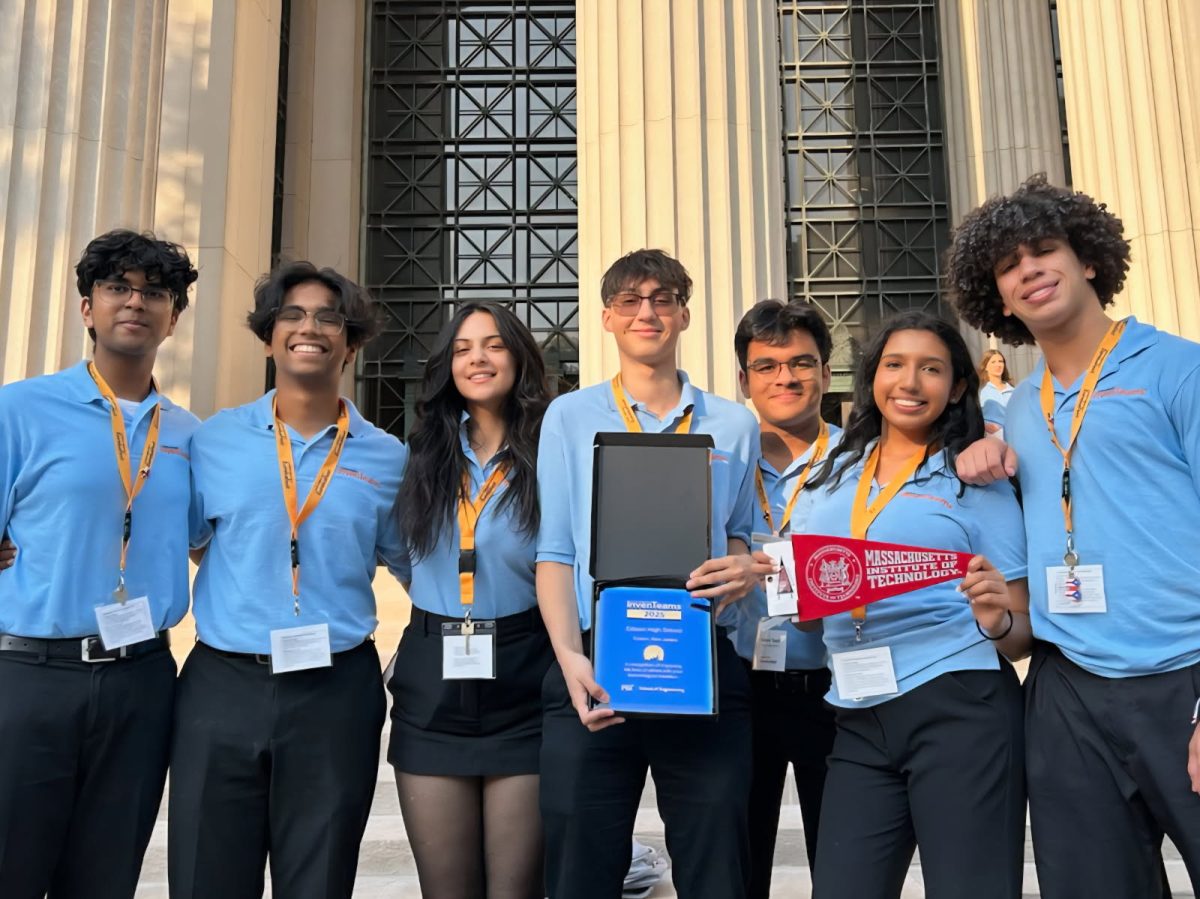Senior Privilege is a tradition observed in many high schools. Usually viewed as a reward for years of hard work, this custom grants specific advantages to seniors like leaving campus at designated times or arriving late or leaving early. However, the concept of senior privilege sparks debate.
On the positive side, senior privilege can instill a sense of freedom and responsibility in students, reflecting their transition into adulthood. Policies such as off-campus lunch provide seniors with independence, instilling a sense of trust in them. This grants seniors flexibility, allowing them to develop essential life skills, like time management, which prepares them for higher education or the workforce. Additionally, senior privilege can create a more positive environment at school by contributing to class unity.
However, senior privilege has its drawbacks. Some argue that it can highlight disparities between different schools because not all students have access to these advantages. This is in part due to their academic standing or socioeconomic status. For instance, many seniors do not have access to a car during the day, so they would be unable to take advantage of their senior privilege. This may also lead to resentment among students who believe that they are not treated equally. Another concern is the potential for senior privilege to disrupt the learning environment, creating issues in maintaining order and discipline because there is a possibility that students will abuse their freedom.
These reservations question whether senior privilege should be implemented at Edison High School, much like other central New Jersey high schools. Some schools that offer this policy are Monroe Township High School and South Brunswick High School.
Nandini Miryala ‘24 of Monroe Township High School, for example, enjoys the benefits of senior privilege.
“I love the fact that Monroe allows students to leave school premises for lunch and if we have a free period,” said Miryala. “Our lunches are a little over thirty minutes, and it is extremely helpful to be able to leave school and go home for that period of time if I need to do something or eat lunch. Sometimes, however, it is annoying because our lunch period is limited, but I still feel like it’s valuable to have that choice.”
For underclassman who do not have this privilege, they look forward to more opportunities.
“I like how seniors would get increased flexibility since they can manage their time more effectively. By being able to come to school late or leave during lunch and study hall, students can schedule appointments, work part-time, or participate in extracurricular activities without disruption to their academic schedule,” EHS student Nirmit Bhoyar ‘25 said. “Additionally, senior privileges can foster a sense of responsibility and independence as students are trusted to manage their time and make smart choices. This can help prepare them for the transition to college or the workforce where they’ll have even greater autonomy.”
This issue also relates to the concept of block scheduling. Many schools with block scheduling have lunch periods ranging from forty to forty-five minutes, allowing students to leave school and come back in time for their next class. However, at EHS, lunch periods are notably shorter, typically lasting around twenty-five minutes. This brevity presents challenges for students wishing to leave school premises for lunch and return in time. Factors such as traffic and the time necessary for students to walk to their vehicles also pose challenges.
“I think that the idea of senior privilege could be beneficial to EHS students, only if there is a change in schedule by administration,” said EHS student Rucha Deshmukh ‘26. “Our 45-minute periods are already pretty short, and our lunches are also short. So, if a student wanted to leave for those periods, they would not have enough time to make it back before their next class. Student privilege really only has benefits in a school where a block schedule is implemented.”
The implementation of senior privilege looms as an issue for discussion in Edison. With the opportunity to leave class for lunch or come to school later, seniors would have the ability to complete other tasks, work an extra hour in the morning, or have some time to themselves.



















































































